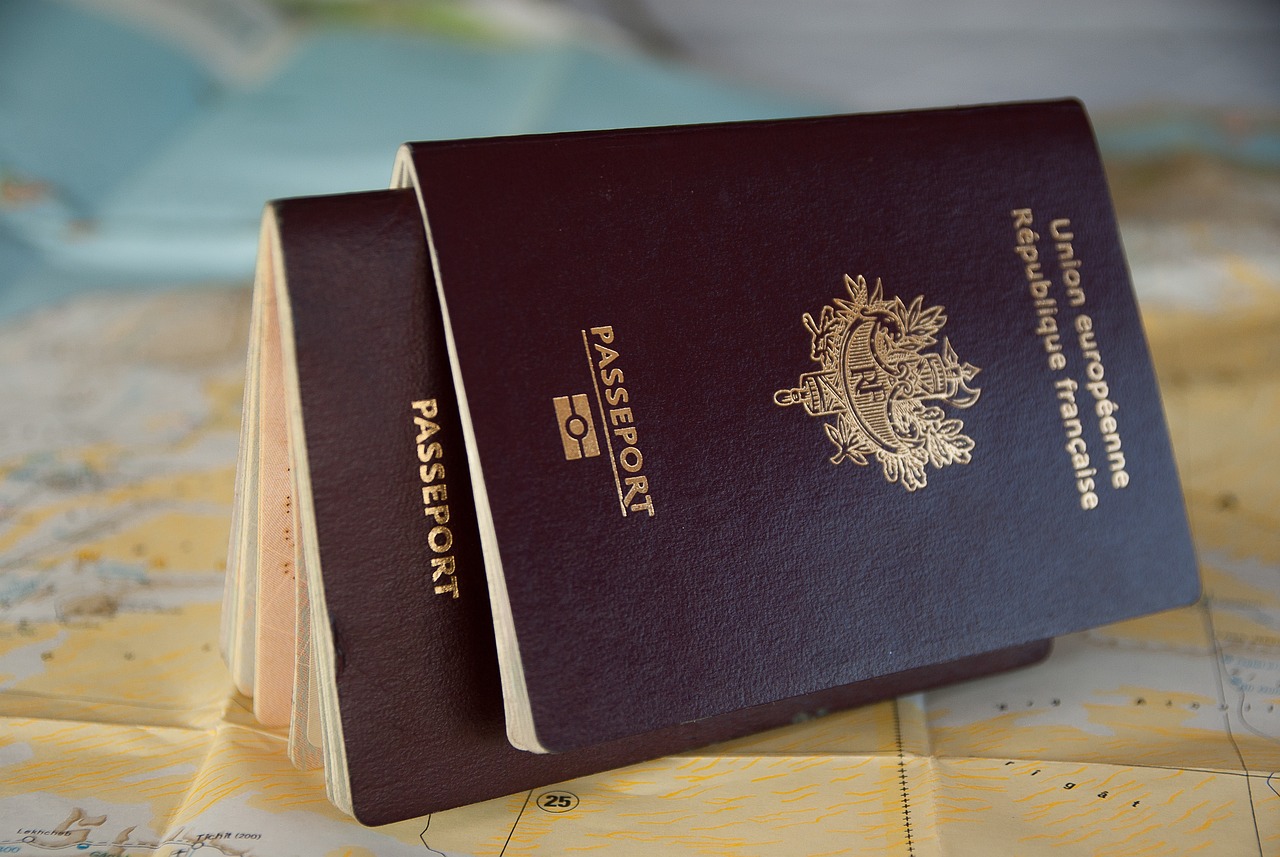 Today, October 17, 2024, the U.S. government announced new measures providing immigration relief to Lebanese nationals currently residing inside the United States.
Today, October 17, 2024, the U.S. government announced new measures providing immigration relief to Lebanese nationals currently residing inside the United States.
18-Month Designation of TPS for Lebanon
Firstly, the Department of Homeland Security (DHS) has announced the designation of Lebanon for Temporary Protected Status (TPS) for a period of 18 months. This decision marks Lebanon’s first designation for TPS.
This designation was made based on ongoing armed conflict and extraordinary and temporary conditions in Lebanon that prevent its nationals from safely returning to their country.
A notice will soon be published in the Federal Register confirming the Secretary of Homeland Security’s designation of Lebanon including more details regarding the designation. Lebanese nationals who are approved for TPS can lawfully remain in the United States while the security situation improves. Those who are eligible can apply for temporary employment authorization by filing Form I-765 Application for Employment Authorization at the same time of filing Form I-821, Application for Temporary Protected Status.
What We Know
To be eligible for TPS under the Lebanon’s designation, Lebanese nationals (and individuals having no nationality who last habitually resided in Lebanon) must demonstrate continuous residence in the United States since October 16, 2024. Those who attempt to enter the United States after October 16, 2024, are ineligible for TPS. Lebanese nationals currently not residing in the United States are also ineligible to receive benefits.
The program’s effective date has not yet been announced but is expected to be published in the Federal Register in the coming weeks including the application instructions.
As a reminder, TPS applicants must meet all eligibility requirements and undergo security and background checks to gain approval.
 Visa Lawyer Blog
Visa Lawyer Blog










